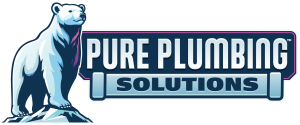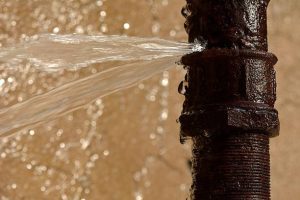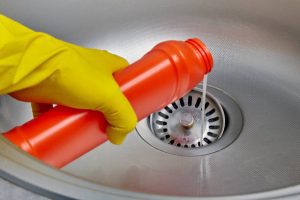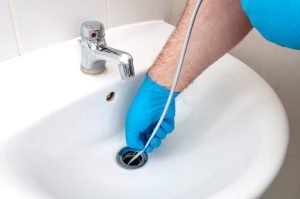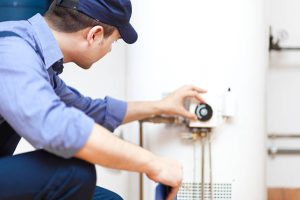Introduction:
Buying a new home is an exciting milestone, but it also comes with big responsibilities. One crucial responsibility is plumbing maintenance. New homeowners often overlook minor plumbing issues, but these can lead to major expenses. However, with regular upkeep, you can avoid unexpected repair bills. Fortunately, a few simple tips can go a long way. These practical tips are designed to prevent problems before they escalate. In the long run, preventative care saves money and stress. As a new homeowner, understanding your plumbing system is essential. This guide provides clear, cost-saving plumbing advice. Follow these steps to protect your investment and maintain peace of mind.
1. Inspect for Leaks Regularly
Even small leaks can lead to large water bills and structural damage. Therefore, check faucets, toilets, and under sinks often. If you notice water stains, mildew, or dripping sounds, act quickly. Early detection reduces both repair costs and water waste. You should also check outdoor hoses and irrigation systems. Unnoticed leaks in these areas can waste gallons of water. For toilets, listen for continuous running or ghost flushing. These signs indicate valve or seal problems. Replacing faulty parts early keeps expenses low. Always turn off the water when making small repairs. As a new homeowner, create a habit of routine checks. Consistency is key to spotting issues before they grow.
2. Know the Location of Your Main Water Shut-Off Valve
In case of an emergency, turning off the water quickly prevents major damage. That’s why you must know where your shut-off valve is. Most are located in basements, garages, or near the water heater. If you can’t find yours, ask a plumber during your next inspection. Once located, test it to ensure it works properly. A stuck or corroded valve can delay response time. Label the valve clearly and inform everyone in your household. During emergencies like burst pipes, immediate shutoff can save thousands of dollars. New homeowners should include this check in their move-in routine. This simple step ensures you’re prepared for any plumbing crisis.
3. Cost-Saving Plumbing Maintenance Tip: Flush Your Water Heater
Sediment buildup reduces water heater efficiency and increases energy bills. To avoid this, flush your heater once or twice a year. Turn off the power supply before starting, then drain the tank completely. You can do this yourself or hire a plumber for assistance. Flushing removes mineral deposits that strain the system. A clean tank heats faster and uses less energy. Over time, this simple habit extends the heater’s lifespan. It also ensures consistent hot water throughout your home. New homeowners should add this to their seasonal maintenance list. Regular flushing keeps utility bills lower and equipment running efficiently.
4. Cost-Saving Plumbing Maintenance Tip: Install Drain Screens
Hair, soap, and food debris can easily clog drains. To prevent this, use mesh screens in sinks and tubs. These inexpensive tools catch debris before it enters your pipes. Clean the screens weekly for best results. When debris builds up, water drains slowly and odors develop. Over time, this leads to expensive clogs and backups. Drain screens are available at any hardware store and require no tools to install. They offer a low-cost way to protect your plumbing system. As a new homeowner, this is one of the easiest habits to start. This small step can prevent major headaches and repair bills.
5. Cost-Saving Plumbing Maintenance Tip: Schedule Annual Inspections
Many plumbing problems start silently, without visible symptoms. For this reason, a yearly inspection is crucial. A professional plumber can identify issues like hidden leaks or pipe corrosion. Early detection often means cheaper, faster repairs. These inspections also help keep your system up to code. If you plan to renovate or sell, this matters greatly. Regular checkups ensure your water pressure and drainage stay consistent. Additionally, a trusted plumber can offer personalized advice for your home. New homeowners benefit from expert eyes on their system. This yearly expense is small compared to the cost of emergency plumbing repairs.
Conclusion:
Plumbing maintenance doesn’t have to be overwhelming or expensive. In fact, small actions today can save thousands tomorrow. As a new homeowner, prevention is your best tool. By using these cost-saving plumbing maintenance tips, you reduce risk and protect your investment. Regular checks, proper tools, and professional help make a huge difference. It’s not just about avoiding repairs—it’s about peace of mind. Build these habits early and your plumbing system will thank you. Over time, you’ll notice lower utility bills and fewer surprises. Ultimately, smart plumbing care leads to a smoother, more affordable homeownership experience.
Interested in reading about The Real Cost of a Small Leak: Why Early Detection Saves Money?
